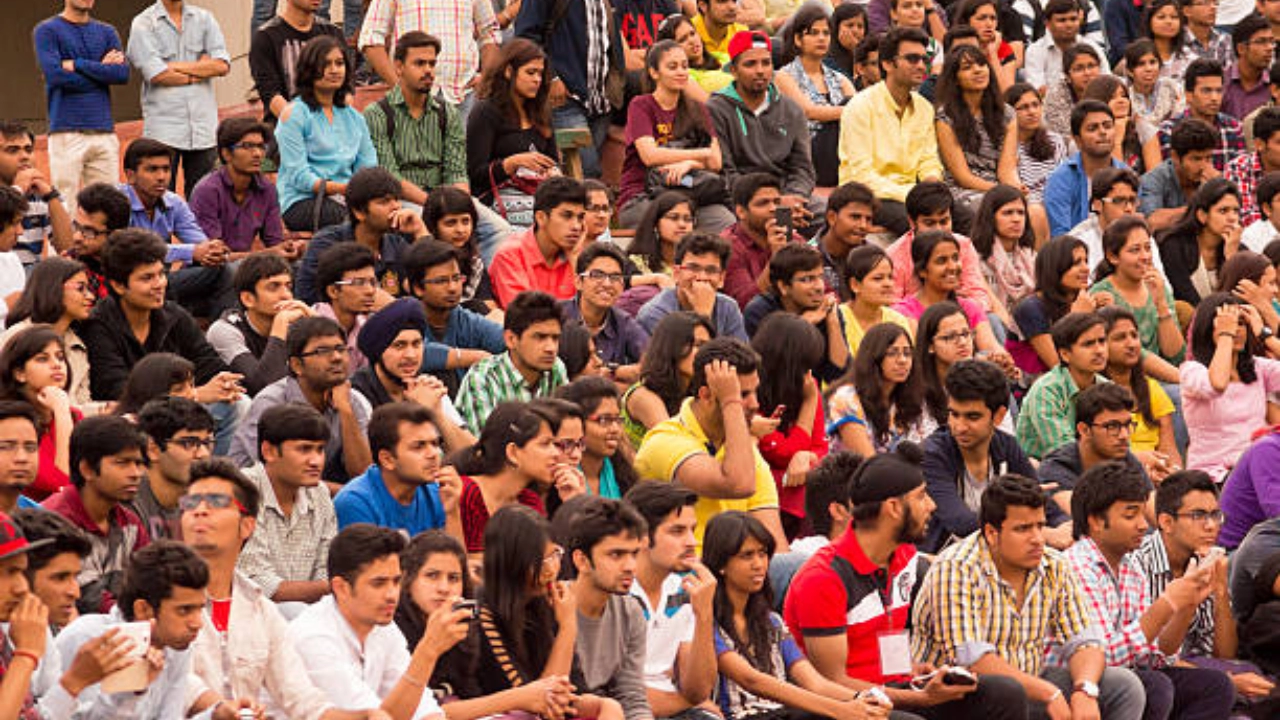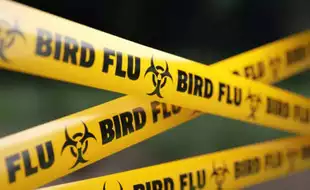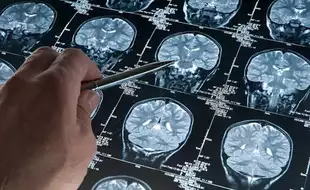News
From Diet To Diagnosis: India’s Battle Against Non-Communicable Diseases With UNICEF’s Support

India’s Battle Against Non-Communicable Diseases With UNICEF’s Support (File Image)
Photo : iStock
New Delhi: This is a challenge the world has rarely, if ever, faced. There are now millions of children and young adults all over the world, including many in India, who are overweight and have or could have in the future, health problems like diabetes, hypertension and chronic heart disease. A fast food diet is a reasons, and UNICEF, is working with the Indian government and various other organisations towards tackling the problem. "India has the largest youth and child population in the world. Young people need to know, learn and understand healthy diets, healthy lifestyles. It's a tremendous opportunity to have such a burgeoning youth population. Healthy lifestyles and healthy diets help prevent non-communicable diseases," Cynthia McCaffrey, UNICEF India Representative told TIMES NOW.
If Type-2 diabetes is diet-related, the Type-1 variety is a genetic disorder and with there being more 'reach-out,' more and more cases are being found along with other non-communicable diseases or NCD like sickle cell disease. The NCD week began in mid-October and it was, said McCaffrey, an opportunity to explain what NCDs are, and what can be done about them. "If you give a child knowledge, if you give the parents knowledge of what a healthy, balanced diet is, and you establish healthy habits, then you can help the child to grow up eating a bit healthier. "There is junk food. It's been growing more and more. But if you give a child and the parents the right knowledge, then you will be able to instill in them what's important about a healthy lifestyle," she said. “Besides, it is important to inform the world about food. Teaching young people what a healthy diet is, by providing them easily accessible information is helpful. It is a problem, but kids are smart. Kids develop habits. We can help them to develop those habits by giving them information and knowledge..."
A sedentary lifestyle is not a healthy lifestyle. "It's okay to play video games. It's just that you want to make sure your life is balanced and being active is extremely important. UNICEF is working with governments and supporting efforts around what we call Sport for Development. It gets kids active, introduced to sports. Playing sports is not just about making sure that you have a healthy lifestyle. It also builds confidence. a confident kid asks questions... You build teamwork." McCaffrey added that she's "very proud that we worked with the International Cricket Council" (and also, the) BCCI during the World Cup. "We rolled out across India what we called Criio for Good. it's a number of modules that talk about cricket and the lessons of cricket, which includes teamwork, solving problems together...We got kids out on the cricket pitch. One little boy in Gujarat who came and played with one of the teams said: 'I always liked cricket, but now I love it.' It's because he got out there, he played and he saw what he could do."
India's population is growing, and there are more young people. The "strong systems of identifying young people with NCDs like Type-1 diabetes, means that "numbers are going up." It's about diagnosing every child and ensuring they have access to "consistent, quality treatment. It would be making sure that a child diagnosed with Type-1 diabetes "has access to insulin that is consistent," and of good quality. "India has a strong public health system. We're simply building on that and making sure that the referral systems are close enough to a child." The frontline system should be able to treat sickle cell anemia or Type-1 diabetes every day. Nor is it that challenging to look after young people in economically backward urban and rural areas. Teachers in school can identify young children with problems and there are the Anganwadi, Auxiliary Nurse and ASHA workers. "The frontline workforce that India has is a continued investment in giving knowledge and information to parents so that they can ask and determine what kind of health care their child may need. It does take investment from the government systems, from the decision makers who have to invest in those budgets to make sure the health system is strong. We want to be where children are living and growing up and playing."
Early detection is the key. Then, a child who is living with Type 1 diabetes "can get that treatment and live a life that is playful, participatory, enjoyable" when she is diagnosed early. She doesn’t have to struggle with what might end up "in emergency rooms" because insulin was necessary and wasn't available. A healthy child will be able to go out and play, while a child who may be struggling with being sickly or unwell child will not be able to play. Having that care enables the child to go to school, play with friends, play sports. All of that happens when you've got consistent, reliable, quality care." UNICEF is working consistently with partners, governments , private sectors to make sure what we need to do to invest in any child’s mental health. With potentially children who are unwell, there arises the mental health issue. It's important to "make sure that there's a knowledge and an understanding of what NCDs are, that it is something that is treatable and that a child can play and be with anybody. An adolescent can be part of any club or group." Therefore the knowledge and understanding for the child, but also the peers, teachers, parents and the whole community is important. It helps remove or reduce stigma. It helps the child to go out and play, and be part of the community.”
It's all team work: the government, NGOs and UNICEF. "If we ever try to do anything alone, it'll be a complete failure. We are celebrating a partnership with India for the last 75 years. That has enabled us to make a lot of mistakes and learn a lot of lessons together." And it ensures that there are the three Cs for the children: catalyse, convene and converge, said McCaffrey. With only one year left until the 2025 UN High-Level Meeting on Non Communicable Diseases or NCDs, much more needs to be done to end preventable deaths and illnesses from NCDs. One area that needs concentrated efforts from all stakeholders, is to get children, adolescents, and young adults at the heart oif the NCD agenda.
Get Latest News Live on Times Now along with Breaking News and Top Headlines from Health and around the world.
Our Blogs
Our Recent News

Why Does Running Outdoors Feel Harder Than On A Treadmill?
While running inside and outside both have their own benefits and drawbacks, there’s no denying that...

California Case Is the First Confirmed H5N1 Bird Flu Infection in a US Child
The child attends daycare and lives in Alameda County, which includes Oakland and surrounding commun...

Chinese Scientists Report 'Promising Results' From Novel Alzheimer's Surgery; Here's How
The LVA surgery was first conducted on a 76-year-old man with moderate Alzheimer’s and subsequently,...

